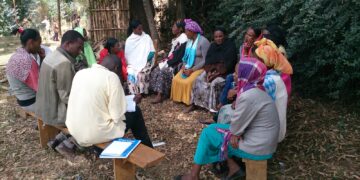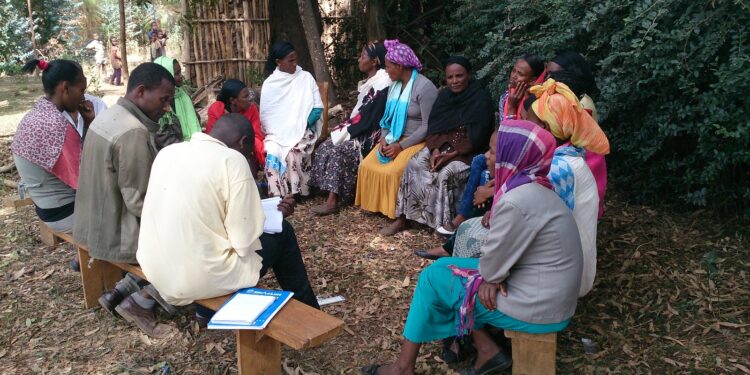By Ebi Kesiena
A new report from Equality Now, an international NGO, has revealed that there exist gaps in family laws in most African countries that are fueling discrimination of women and girls.
These laws favour men in matters of sex, marriage and inheritance, among other issues, leaving many women in despair.
Released to coincide with the UN-declared International Day of the Family, the report highlights how legal frameworks and customary practices in 20 African countries have fueled discrimination in marriage, divorce, custody and property rights.
According to Esther Waweru, a senior legal adviser at Equality Now and co-author of the report, in a conversation with VOA stressed that these family laws have affected the lives of many women in Africa.
Waweru says although many countries have ratified key international treaties that protect women’s rights, existing domestic laws make implementation and enforcement of these treaties difficult.
“Take a case of Sudan for instance, where women cannot initiate divorce, unlike men. So, it therefore means that the woman will be trapped in a marriage that they don’t want to live in, just because they can’t initiate a divorce,” she said.
Waweru said in some countries where women initiate a divorce, they are not allowed to take custody of the children from a previous marriage when they remarry.
READ ALSO: Nigerian Becomes PGA Graduate In UK, Vows Robust Sporting Impact
In Malawi, the report notes that courts have ruled rape does not extend to marriage. It says customary law in Malawi presumes perpetual consent to sex within marriage and that a wife can deny her husband sex only when she is sick or legally separated.
While in Tanzania, the report says marital rape is only criminalised upon separation.
Furthermore, It also says customary and religious laws in countries like Algeria, Cameroon, Ivory Coast and Nigeria undermine women and girls in matters of inheritance, as they receive less than men and boys.
She however urged African countries to fully align their family laws and their practices with international human rights standards.




































